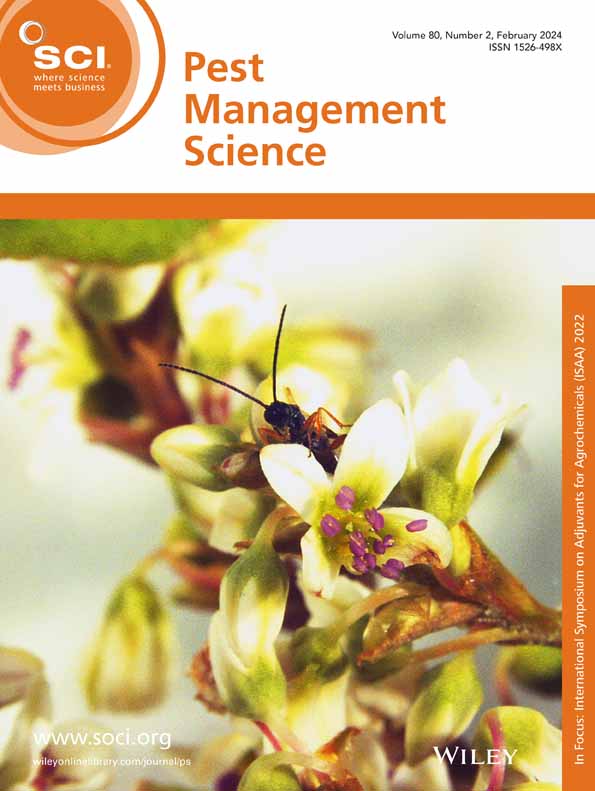Trehalose metabolism mediates trade-offs between reproduction and survival in beet webworm, Loxostege sticticalis, under heat stress
Abstract
BACKGROUND
Temperature is an important determinant of developmental and reproductive rates in insects. Here, we investigated the physiological responses of adult beet webworm, Loxostege sticticalis L. (Lepidoptera: Crambidae), to three temperatures (16, 23 and 30 °C) focusing on trehalose metabolism.
RESULTS
Exposure of moths to 30 °C accelerated eclosion and ovarian development, but shortened the oviposition period and adult longevity, whereas exposure to 16 °C had opposite effects. Transcriptome analysis revealed that vitellogenin (VG) and vitellogenin receptor (VR) genes were up-regulated at 30 °C, as were numerous genes related to energy metabolism, including those involved in the insulin signaling pathway, the tricarboxylic acid (TCA) cycle, and glycolysis. Expression of the trehalose transporter gene TRET1 was also induced at high temperature, primarily in the ovaries, where trehalose content increased, accompanied by lipid degradation in the fat body. Treatment with the trehalase inhibitor validamycin A reduced female fecundity and longevity at 23 °C, but enhanced the expression of genes related to stress resistance and reproduction, mimicking the effect of high temperature.
CONCLUSION
Besides their practical utility for predicting the oviposition behavior and geographic distribution of L. sticticalis in the field, these results elucidate the various physiological roles of trehalose in L. sticticalis during exposure of moths to high temperature and may provide insights into the relationship between stress resistance and reproduction in insects more generally. © 2024 Society of Chemical Industry.


 求助内容:
求助内容: 应助结果提醒方式:
应助结果提醒方式:


